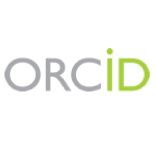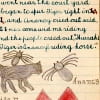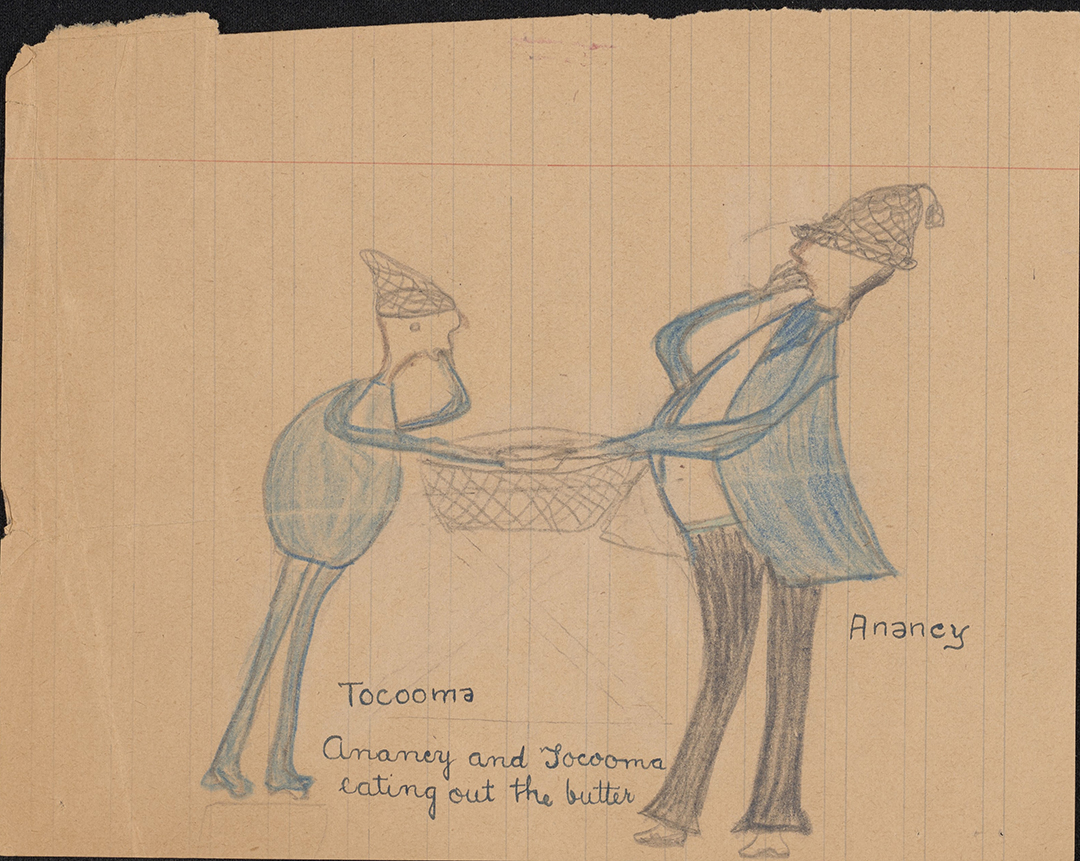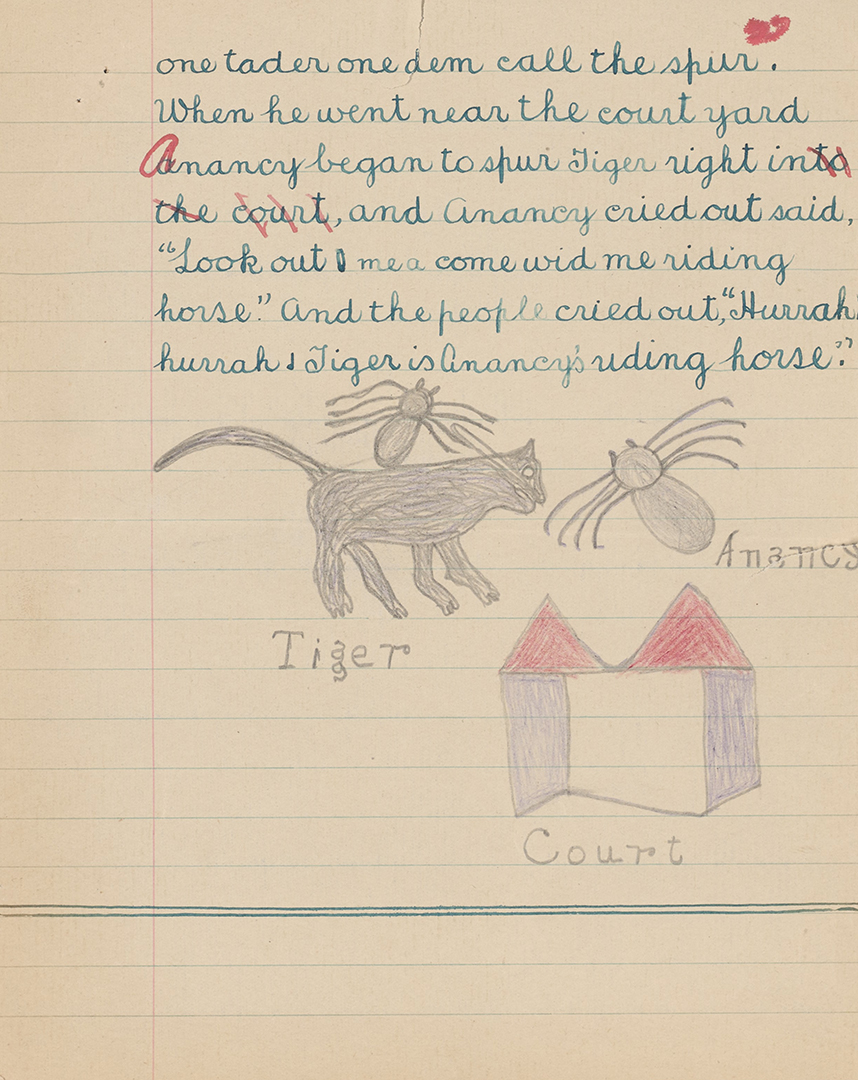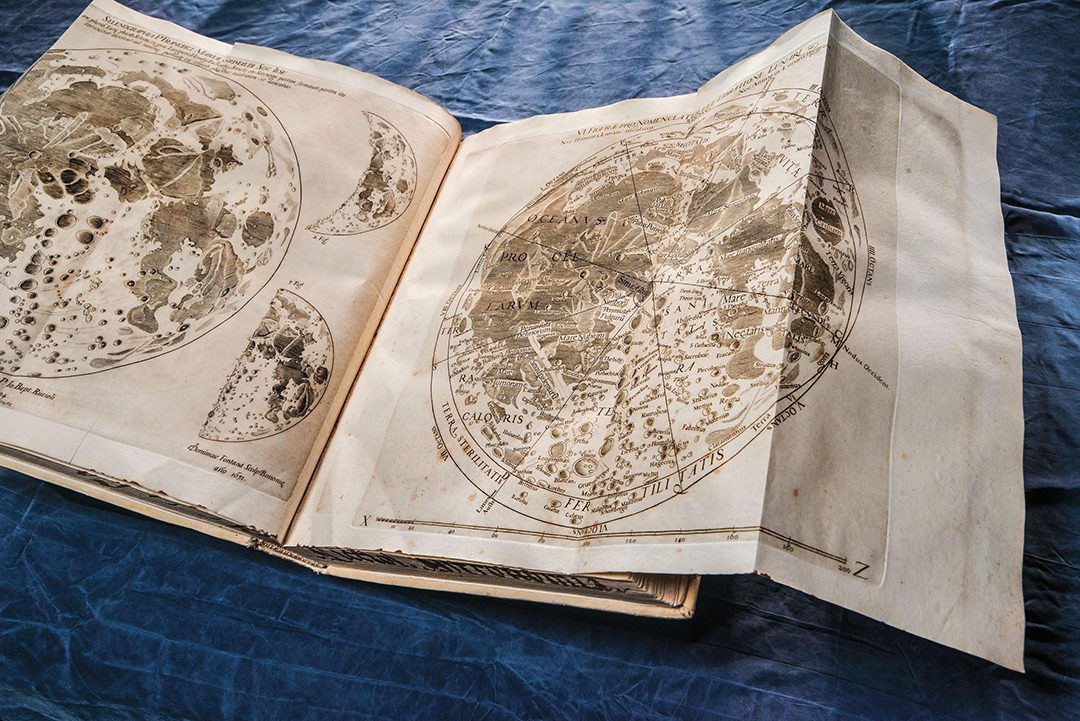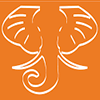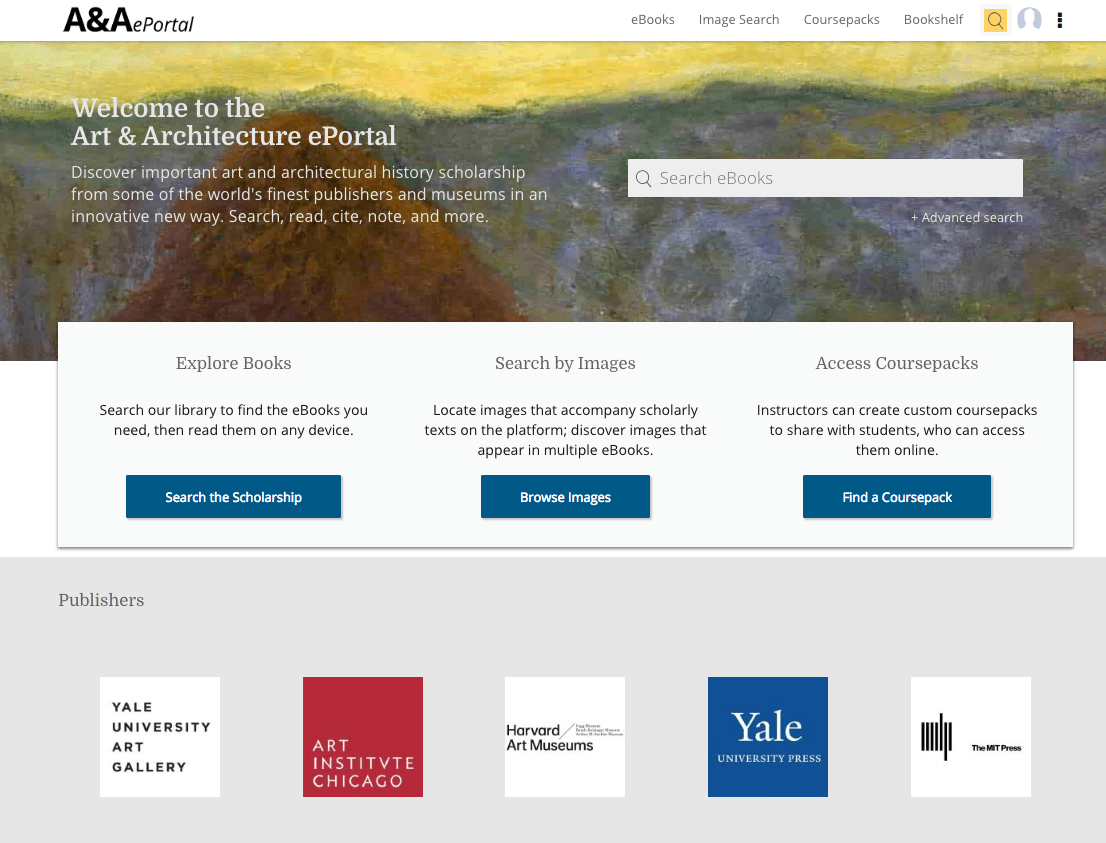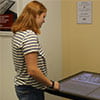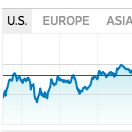The BC Libraries’ Digital Scholarship Group is pleased to announce the Fall 2018 lineup of Coffee & Code workshops, designed to allow faculty, students, and staff to learn more about digital tools and methodologies. All workshops this semester, with the exception of Georectifying Historical Maps Using ArcMap, will be held in the O’Neill Library Digital Studio, room 205.
This semester, we’re also expanding our offerings to include opportunities to come together and work on a crowdsourced project. We’re co-hosting this initiative, known affectionately as Crowd Cafe, with colleagues at Boston University. Learn more below, and we hope to see you at one of our events!
Coffee & Code
How to Stay Safe & Secure Online
September 12, 2018, 11-12:30 pm.
Feeling freaked out by all the cyber breaches lately? Want to plan an activist movement but want to stay safe? Or do you simply want to use online dating services without getting stalked? Join us in this workshop to learn about digital privacy. We’ll go over how to use tools to protect yourself online, as well as what to do if you’ve been hacked, harassed, or otherwise victimized online.
Basics of Spatial Visualization
September 19, 2018, 11-12:30 pm.
Are you interested in making an interactive map, but don’t know where to start? In this workshop you will be introduced to basics terms and elements commonly used in GIS work. We will look at and discuss different map types, use cases, and visualization tools. Through hands-on exercises you will deconstruct a map project to see how it was made and think about how a visualization would help you answer research questions or be used pedagogically.
Intro to Tableau
September 25, 2018 and October 16, 2018, 3-4:30 pm.
In this workshop, participants will get an introductory, hands-on learning experience of Tableau. The workshop will be focused on Tableau key functions, including:
- How to connect to data sources
- How to create visuals and assemble them into a dashboard
- How to publish the dashboard to the Tableau Public server
Introduction to Spatial Visualization & Analysis
September 27, 2018, 11-12:30 pm.
This workshop will introduce participants to visualizing spatial data, creating maps with points and polygons, and performing basic data analysis with Carto. Participants will get hands-on experience using the Carto platform, learn how to geocode point data in OpenRefine using GREL string functions, and review examples and resources for georeferencing maps and adding basemaps.
Developing Your Online Scholarly Identity
October 4, 2018, 11-12:30 pm.
Are you preparing to enter the job market? Do you have an online presence that accurately reflects your interests, experience, and professional persona? During this workshop, you will:
- Explore other people’s professional websites to identify components you’d like and components you’d like to add
- Learn how to host your own web presence
- Identify platforms for creating your professional website
You’ll leave with a plan for how you’d like to represent yourself online and knowledge of what tools and platforms you can use to create your persona.
Creating and Distributing Promotional Materials Using Web-Based Tools
October 18, 2018, 11-12:30 pm.
In this workshop, participants will get an introductory experience of several free, web-based tools with the goal of creating promotional materials to effectively reach your target audience. In this workshop we will also discuss best practices, social media strategies, and branding.
Creating Digital Exhibits with Omeka
October 24, 2018, 1:30-3 pm
In this workshop, participants will learn how to use Omeka.net to create digital exhibits. Together we will look at examples of successful digital exhibits. Then facilitators will demonstrate the basics of describing, organizing, and displaying your content. Bring your own image files, or use the sample images provided in the workshop.
Georectifying Historical Maps Using ArcMap
November 14, 2018, 11-12:30 pm.
O’Neill Library, Room 307
Celebrate GIS Day by georectifying a historical map! Georectifying is the process of taking an image, like an aerial photograph or a print map, and aligning it with a spatial coordinate system. In this workshop, participants will georectify an 1844 street map of Boston using ArcMap and then add points that locate nineteenth-century churches.
Intro to Text Encoding
November 15, 2018, 11-12:30 pm.
This workshop will introduce participants to the basics of text encoding with focus on document analysis, metadata header creation, and encoding examples. We will also provide an introduction to the TAPAS Platform. Participants will learn how to encode according to the TEI guidelines, validate an XML file, and render their XML file. Text samples will be provided during the workshop, but participants are welcome to bring their own texts.
Text Analysis with Voyant
November 28, 2018, 1:30-3 pm
Voyant-tools.org is a free, web-based suite of tools that enables a range of textual analysis techniques. Used imaginatively, it can guide inquiries into writing style, semantic bias, and author attribution. In this session we’ll apply Voyant’s features to different kinds of texts, discussing the nature of textuality and how to combine digital textual analysis with traditional close reading, and end with an introduction to topic modeling. Along the way we’ll investigate how to use textual analysis and tools like Voyant in classroom assignments and your own research projects.
Crowd Cafe
A collaboration with our colleagues at Boston University, Crowd Cafe is a monthly informal gathering for people wishing to contribute to crowdsourced projects. We will provide in-person and online hosting, camaraderie, and light direction help as needed. You, we hope, will provide human power for projects of your choosing.
Which crowdsourced projects?
Any projects you like. Wikipedia editing, historical document transcription, annotation of satellite images to aid in disaster relief efforts. We’ve made a list of projects seeking help — there are many — and are adding to it.
Who can participate?
Anyone with a reasonably recent laptop or desktop computer (tablets and phones tend to be pretty painful to use for these projects), an internet connection, and some time. Barriers to entry vary, but are generally pretty low. We’ll help you get started if you like.
Often, no specialized expertise is required; there are projects to which middle and high schoolers could meaningfully contribute. Other projects benefit from more experience, whether it be the ability to read 19th century American handwriting and decipher common abbreviations, or expertise in a field of research relevant to a Wikipedia article.
Crowd Cafe will take place on the third Friday of every month, 1-3 pm US Eastern time:
You may join us:
- in person — current hosts include BU and BC;
- via a Zoom meeting;
- on Twitter via the #crowdcafe hashtag
More information, including rationale, locations, and a list of crowdsourced projects, is at https://is.gd/crowdcafe.

